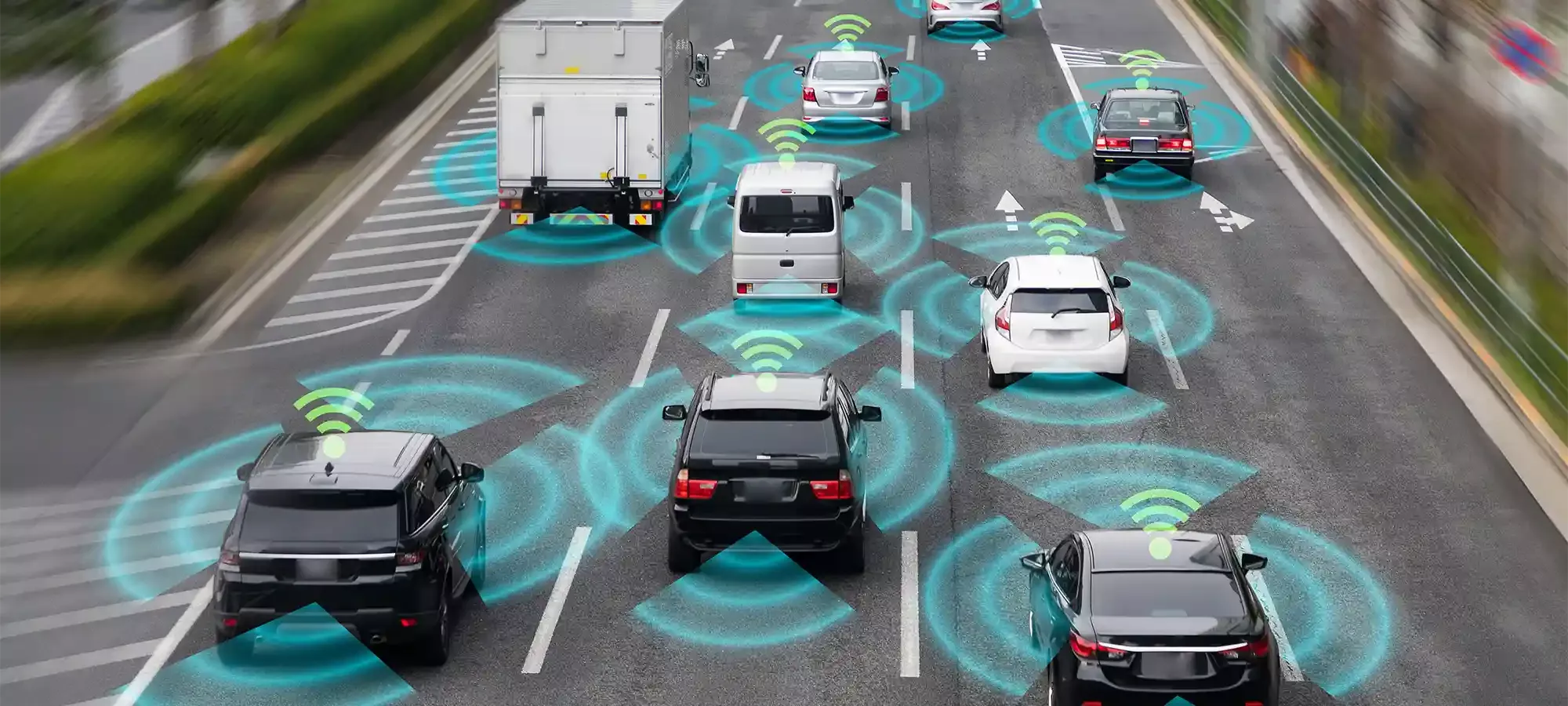Exploring the Politics of Security behind Autonomous Vehicles
Overview
Road-based transport is undergoing a transition: a series of rapid transformations in technology, business models, regulation and user practices. These processes are studied by scholars from many different disciplines, including transport engineers and social scientists.
Not included among these studies so far are insights from Critical Security Studies (CSS) [1]. This is a missed opportunity, as CSS studies the politics behind security decision-making and the role that security, broadly defined, plays in the organisation of society. It argues that the way people do security (not just whether people are secure) is important because security decisions are inherently discriminatory - they differentiate between those with and without protection – and often are an attempt to redistribute already limited resources. This is relevant because security, in its various forms, returns in most aspects of transport: from the road and vehicle safety discussions to insurance assessments, infrastructure maintenance decisions, system resilience designs, climate change discussions or more personal security considerations in public transport. CSS and its conceptual tools thus offer a novel opportunity to engage critically with the politics behind the transition in transportation.
Hence, this project seeks to connect and utilise the thinking from CSS in transportation. It will do so by engaging with the emerging security discussions behind autonomous vehicles (AVs). Given their increasing driverless nature, AVs reflect not just technical but also social and institutional developments as they bring together safety engineers, city planners, programmers, regulators, insurers and consumers in a series of decisions around traffic safety, vehicle insurance, and privacy.
Aim and Objectives
In order to utilise the insights from CSS around AV developments, and subsequently develop a broader research program on the politics of security in transportation, the funding will facilitate two components. First, it will facilitate a workshop to bring together scholars from Transport, Mobilities and CSS in order to set up a research community and agenda on this theme, resulting in subsequent research grant proposals. Second, the fund will support 16 interviews as part of a small exploratory project on the different safety, insurance and privacy assessments and procedures behind AVs in the United Kingdom and the Netherlands, two leading countries on AV regulation, resulting in at least one academic publication.
In brief
Duration
2019 - 2022
Funder
John Fell OUP Research Fund
Principal Investigator
Contact

